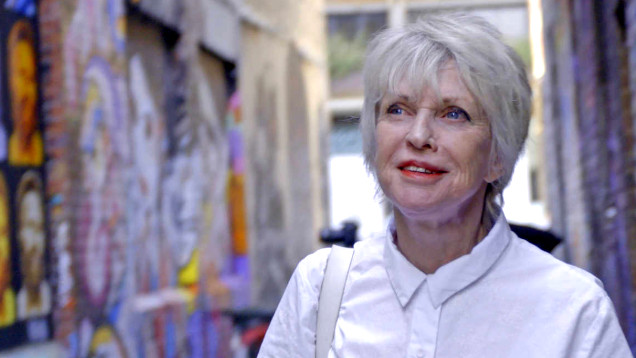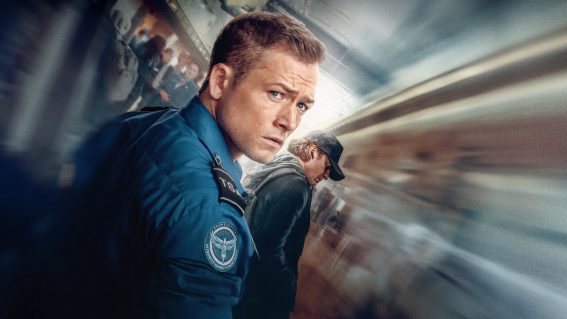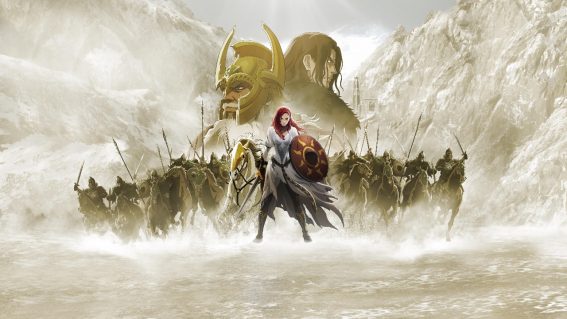Jill Bilcock: Dancing The Invisible, about the legendary Australian editor, will arrive in cinemas next month

The feature documentary Jill Bilcock: Dancing the Invisible, which follows the life and career of the acclaimed Australian editor, will arrive in cinemas across the country in July. The national release follows screenings at a number of local film festivals, including last year’s Sydney Film Festival and Adelaide Film Festival.
The renowned Bilcock, whose career began in the early 1980s, edited Baz Luhrmann’s first three films: Strictly Ballroom, Romeo + Juliet and Moulin Rouge!. Her other feature films include Muriel’s Wedding, Head On, Elizabeth, The Dish, Road to Perdition, Japanese Story, Red Dog, Mental and The Dressmaker.
Directed by Axel Grigor, Jill Bilcock: Dancing the Invisible contains interviews with many luminaries including Luhrmann, Cate Blanchett, Phillip Noyce, Fred Schepisi, Jocelyn Moorhouse, Ana Kokkinos and Rachel Griffiths.
The film’s release is especially timely, given Bilcock has recently been awarded the Order of Australia – Companion of the General Division (AC) for her contribution to the Australian motion picture industry.
The frenetic style that Bilcock brought to Luhrmann’s first three films (known as the ‘red curtain trilogy’) was dubbed “frame fucking” by the editor and the director. Last year Billcock told The Guardian Australia:
“Baz and I have a very low attention span. We tend to think everybody can see everything in a few frames. It’s a tapestry: the sum of the whole equals the end result. It may feel like it could be a bit fast, but it’s actually adding up to a dramatic, emotional effect.”
Grigor, who wrote, produced and director Dancing the Invisible, is a long-time admirer of Bilcock’s work. The filmmaker recently said:
“Jill’s outgoing personality, her personal journey in life, her impact on Australian cinema and her remarkable collaborations with some of the world’s leading directors make for an incredibly rich story. Early in the process, when I approached many of Jill’s collaborators about my idea for this film, it was both striking and encouraging that so many replied: ‘About time!’.”












